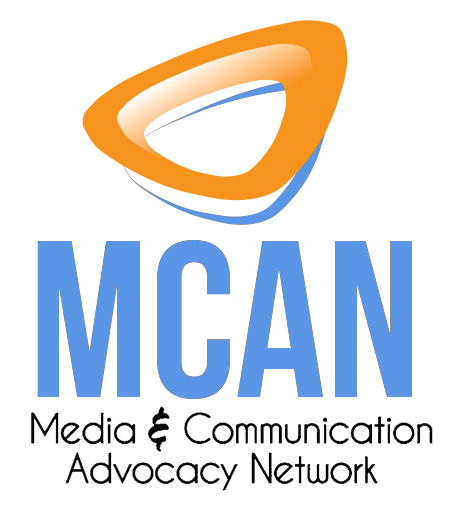Stakeholders of adolescent reproductive health have called for increased attention on the issues that were detrimental to the holistic development of adolescent girls. Adolescents girls, they said, particularly those who are vulnerable must also be provided access to information on Sexual Reproduction Health Services (SRHS).
They noted that apathy towards issues confronting adolescent girls could expose this group to reproductive health risks of unplanned pregnancies, Sexually Transmitted Infections (STIs), all forms of sexual and gender-based violence and coercion. The stakeholders expressed these concerns at a two-day capacity training workshop for Community-Based Organisations (CBOs), community facilitators, health providers and the media in Kumasi on improving strategies for engaging out of school adolescents on reproductive health issues.
The programme forms part of a five-year project designed to empower adolescent girls and boys to access reproductive health information and services through advocacy and capacity building. It is being implemented by Alliance for Reproductive Health Rights (ARHR) and funded by the United Nations Population Fund (UNFPA) and the Canadian government.
Consolidated Approach
The Programme Director of ARHR, Mr Nii Ankonu Annorbah-Sarpei, said there was an essential need to improve strategies for engaging adolescents who are out of school across the five project districts of Nzema East, Komenda Edina Eguafo Abrem, Ashiedu Keteke Sub-District, South Dayi, and Bosome Freho. “We are looking at ways to strengthen the ability of adolescents to reach their peers with information regarding reproductive health, assertiveness, reducing gender-based violence and violence against persons with disabilities.”
Mr Annorbah-Sapei added that even though the government had developed an implementation strategy for adolescent health, funding for such health projects were neither adequate nor available, hence the need for other development-focused organisations to consolidate government’s efforts to ensure that vulnerable girls at the rural areas especially, had access to adolescent health information and services.
Focus on Girls
Mr Annorbah-Sarpei said, “it is about time we empowered women, especially adolescent girls who are not able to go to school with the same skills being acquired by their counterparts in school.” He said while the programme recognised boys as key players in the sector, the approach adopted would empower adolescent girls and boys to access quality gender-responsive health services.
From Jemima Achivors, Kumasi

